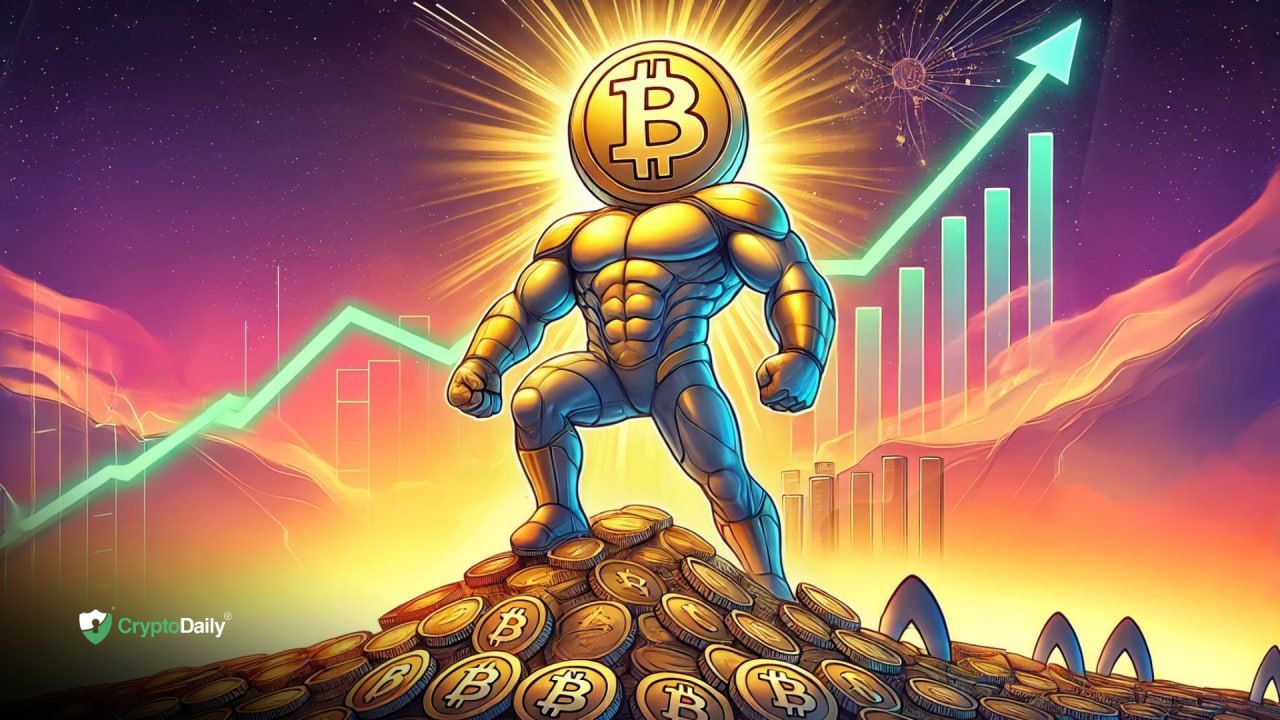ARTICLE AD
Unlike other protocols, ADA staked tokens are not locked, making it possible for holders to spend or move their assets.
Key Notes
Cardano founder just debunked a major ADA staking FUDCardano remains a favorite Layer 1 network with significant backlashThe protocol has a functional Liquid Staking product with massive holdings.Cardano ADA $0.34 24h volatility: -2.0% Market cap: $12.01 B Vol. 24h: $251.56 M has become the center of several backlashes from crypto enthusiasts, with the latest being misinformation about its liquid staking. In light of this, the protocol’s founder, Charles Hoskinson, took to X to flag the increasing misinformation. He stated that the Cardano staking is not locked against the rumors.
Cardano Stakeholders Speak against Staking Misinformation
In his post, Hoskinson asked his followers:
“Why does anyone trust these people anymore?”
The allegations equally drew the attention of many Cardano community members. They strongly believe that the talks are baseless and largely targeted at damaging the project’s reputation.
Cardano SPO PRIDE pointed out the irony of the accusation, highlighting that Cardano is the only top 20 crypto project offering native liquid staking. This further attenuated the fact that ADA coins are never locked in staking.
Also, Cardano does not require Liquid Staking Derivatives (LSDs) or Liquid Staking Tokens (LSTs).
Hoskinson expressed his frustration after a podcast featuring prominent crypto commentators InvestAnswers, CTO Larsson, MartyParty, and Mando appeared on the internet. InvestAnswers specifically asked why older crypto projects like Cardano are still highly ranked. He further claimed that Cardano has a large market share of over $12 billion, “yet no adoption”.
The response from Charles Hoskinson marks the related defense he mounts when critics focus on the protocol.
The lies and misinformation about Cardano have reached epic levels. Stake isn't locked, but they still lie.
Why does anyone trust these people anymore? https://t.co/8eh3LdoSw1
— Charles Hoskinson (@IOHK_Charles) September 11, 2024
In response, renowned skeptic MartyParty alleged that ADA holders are locked in staking pools and are unable to sell. He even went as far as accusing the Cardano team of tricking investors with the staking system, making them enter a position that they could hardly exit. MartyParty claimed that this explains the multi-billion dollar market cap.
Understanding the ADA Staking Mechanism
Many people are concerned about the ADA staking mechanism. Some entities propagate that the protocol remains at the top of the crypto ranking because their stakeholders cannot sell. After all, their assets are locked in the staking. Ordinarily, Cardano staking allows coin holders to assign their holding to a staking pool for a reward known as staking yield.
Unlike other protocols, ADA staked tokens are not locked, making it possible for holders to spend or move their assets. So far, the number of staked ADA units is 37.2 billion according to PoolTool data. ADA is currently trading at $0.3359, with a 1.78% dip within the last 24 hours. At this price level, the staked ADA is valued at approximately $7.5 billion.
Placed side-by-side with Cardano’s market cap of $12.08 billion, the staked coins represent about 62%. This high rate suggests that investors are confident in Cardano’s long-term potential.
Moreover, they will lock up their ADA assets in return for valuable rewards. On one hand, the ADA staking reward jumped by 30% last month.
Disclaimer: Coinspeaker is committed to providing unbiased and transparent reporting. This article aims to deliver accurate and timely information but should not be taken as financial or investment advice. Since market conditions can change rapidly, we encourage you to verify information on your own and consult with a professional before making any decisions based on this content.
Altcoin News, Cryptocurrency News, News

Benjamin Godfrey is a blockchain enthusiast and journalist who relishes writing about the real life applications of blockchain technology and innovations to drive general acceptance and worldwide integration of the emerging technology. His desire to educate people about cryptocurrencies inspires his contributions to renowned blockchain media and sites.


 2 months ago
24
2 months ago
24 

